Is wilderness a really man-made concept?
Is wilderness concept invented by humans? Some people think so. They believe humans create the idea of wilderness. But others disagree. They say wilderness exists without human influence. It’s untouched by humans. They argue that wilderness has always been there, long before humans. This debate continues among researchers and thinkers already for many years.
Contradictory discussion
The question of whether wilderness is a concept created by humans sparks many debates. Some argue that wilderness is a product of human thought and perception. They believe that humans designate certain areas as wilderness based on their own understanding and definition. However, others contend that wilderness exists independently of human. They assert that wilderness is untouched by humans and has always been present in the natural world.
This debate raises fundamental questions about our relationship with nature and the way we perceive and categorize the environment around us. By examining different perspectives and considering evidence from various fields such as history, ecology, and anthropology, we can gain a deeper understanding of the concept of wilderness and its place in human society.
Let’s explore these arguments further to determine whether wilderness is truly a man-made concept or a fundamental aspect of the natural world.
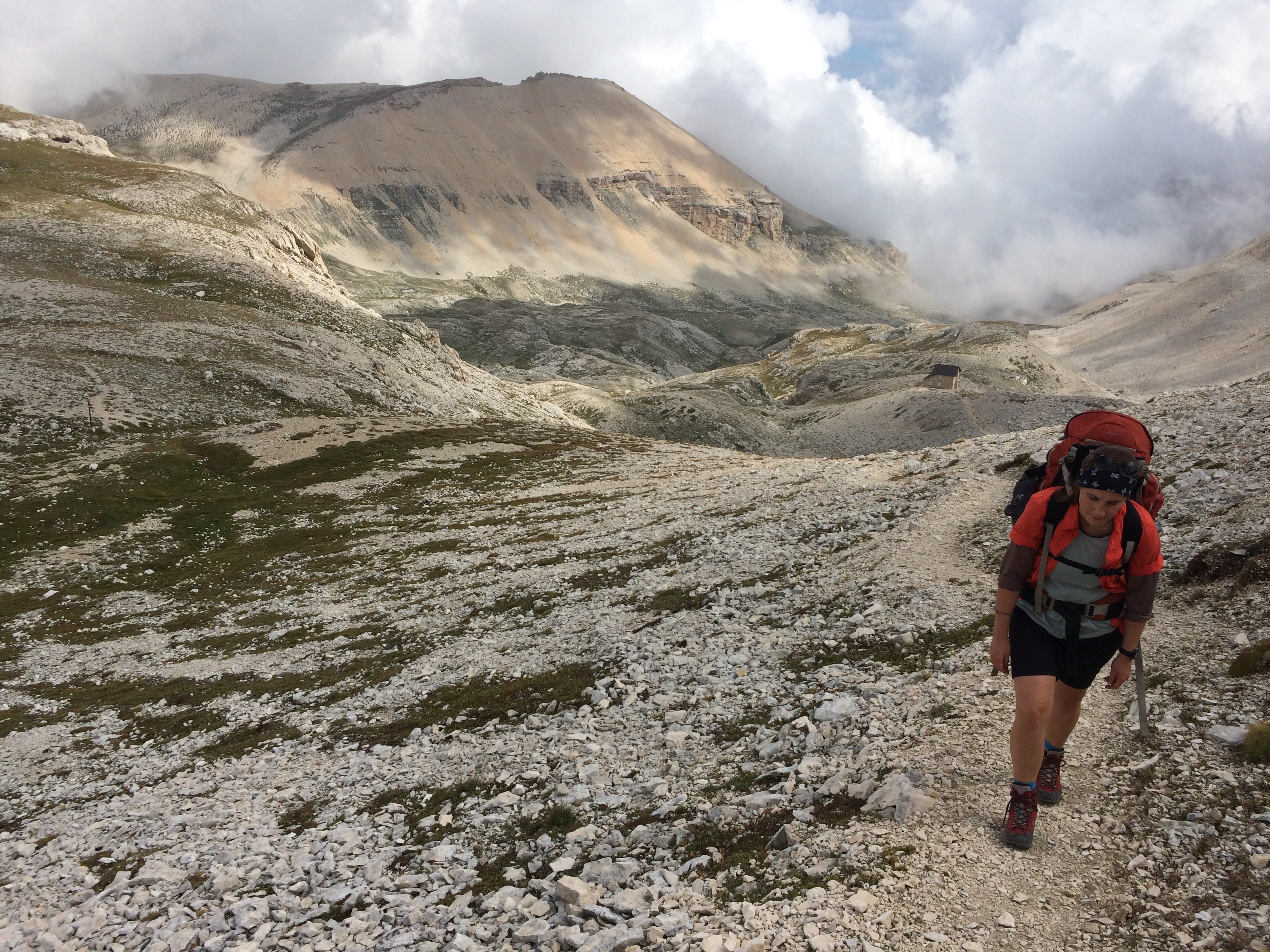
Arguments for a man-made concept of wilderness
Considering wilderness as a man-made concept can be supported by several arguments.
Firstly, humans have historically defined and categorized wilderness based on their perceptions and needs, shaping it to fit cultural and societal ideals.
Secondly, much of what we perceive as wilderness today has been influenced or altered by human activities such as logging, agriculture, and urbanization and that is blurring the line between natural and human-made environments.
Thirdly, the designation of wilderness areas often involves deliberate human intervention, such as establishing boundaries, implementing conservation measures, and managing access.
Lastly, the concept of wilderness varies across cultures and societies, suggesting its subjective nature and dependence on human interpretation.
These arguments highlight the role of human influence in shaping our understanding and perception of wilderness, leading to the consideration of wilderness as a man-made concept.
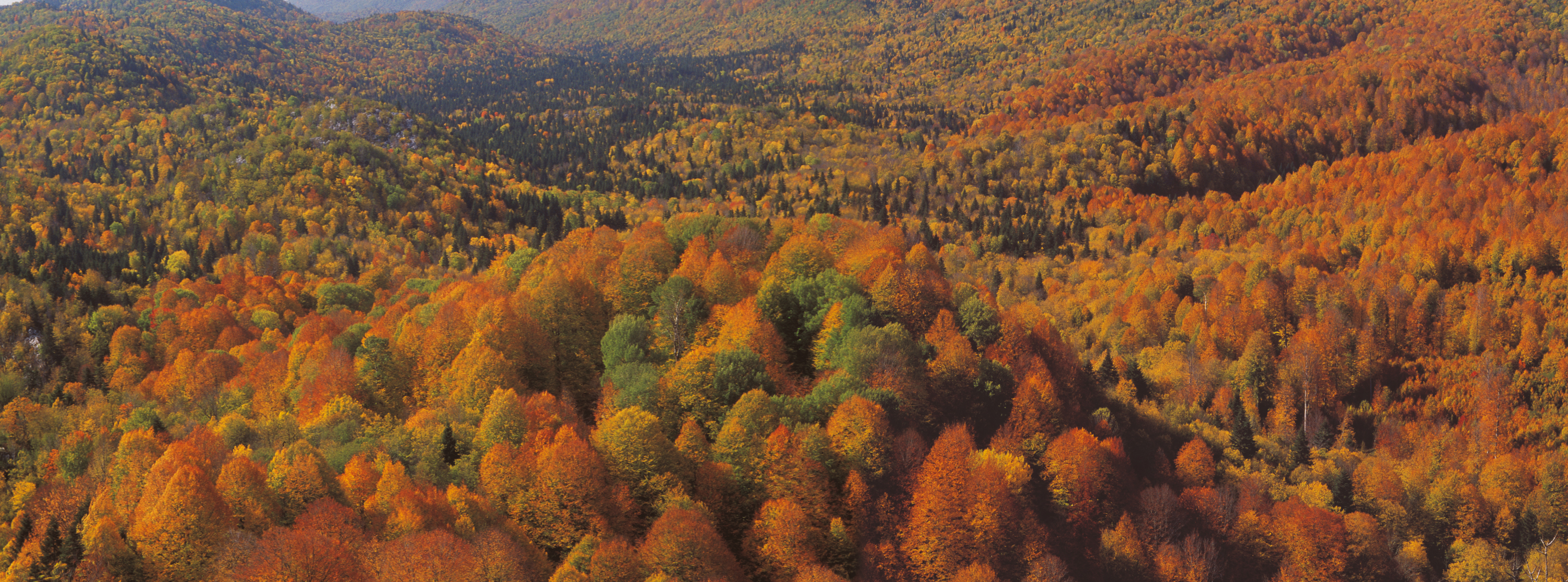
Arguments for a wilderness concept independent of humans
Let’s analyse why wilderness is seen as a fundamental aspect of the natural world, dating back to ancient times before humans existed.
Firstly, geological evidence shows that wilderness landscapes have been shaped over millions of years by natural processes such as erosion, volcanic activity, and tectonic movements.
Secondly, fossil records reveal the presence of ancient flora and fauna in wilderness areas, indicating their long-standing existence, providing tangible evidence of the wilderness ancient origins.
Thirdly, indigenous cultures worldwide have stories and traditions that speak of wilderness as an integral part of the Earth’s history, passed down through generations.
Fourthly, scientific research on the Earth’s atmosphere, climate, and geological formations provides further evidence of the enduring presence of wilderness since ancient times.
These arguments highlight the deep-rooted connection between wilderness and the natural world, suggesting that it predates human existence and holds intrinsic value in our understanding of the planet’s history and ecology.
Conclusion
There is often a reluctance to admit uncertainty about the origins of wilderness. Some hold the opinion that it is clearly a creation of human civilization, other that it is a phenomenon that preceded human existence on Earth. This raises the question of whether wilderness is purely a product of human knowledge and a concept created at a certain stage of human development, or whether it existed long before humans roamed the planet. Good subject to think.

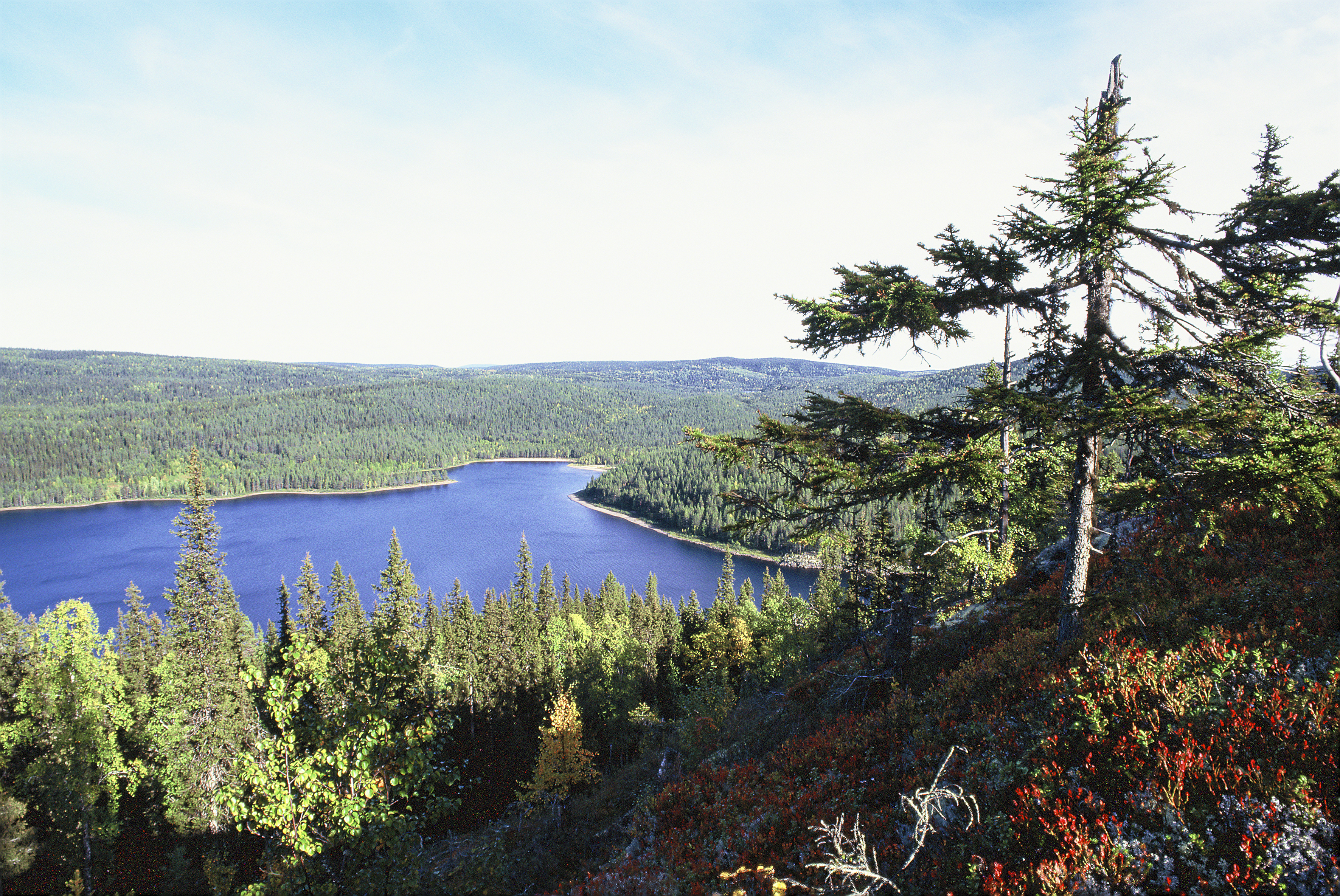
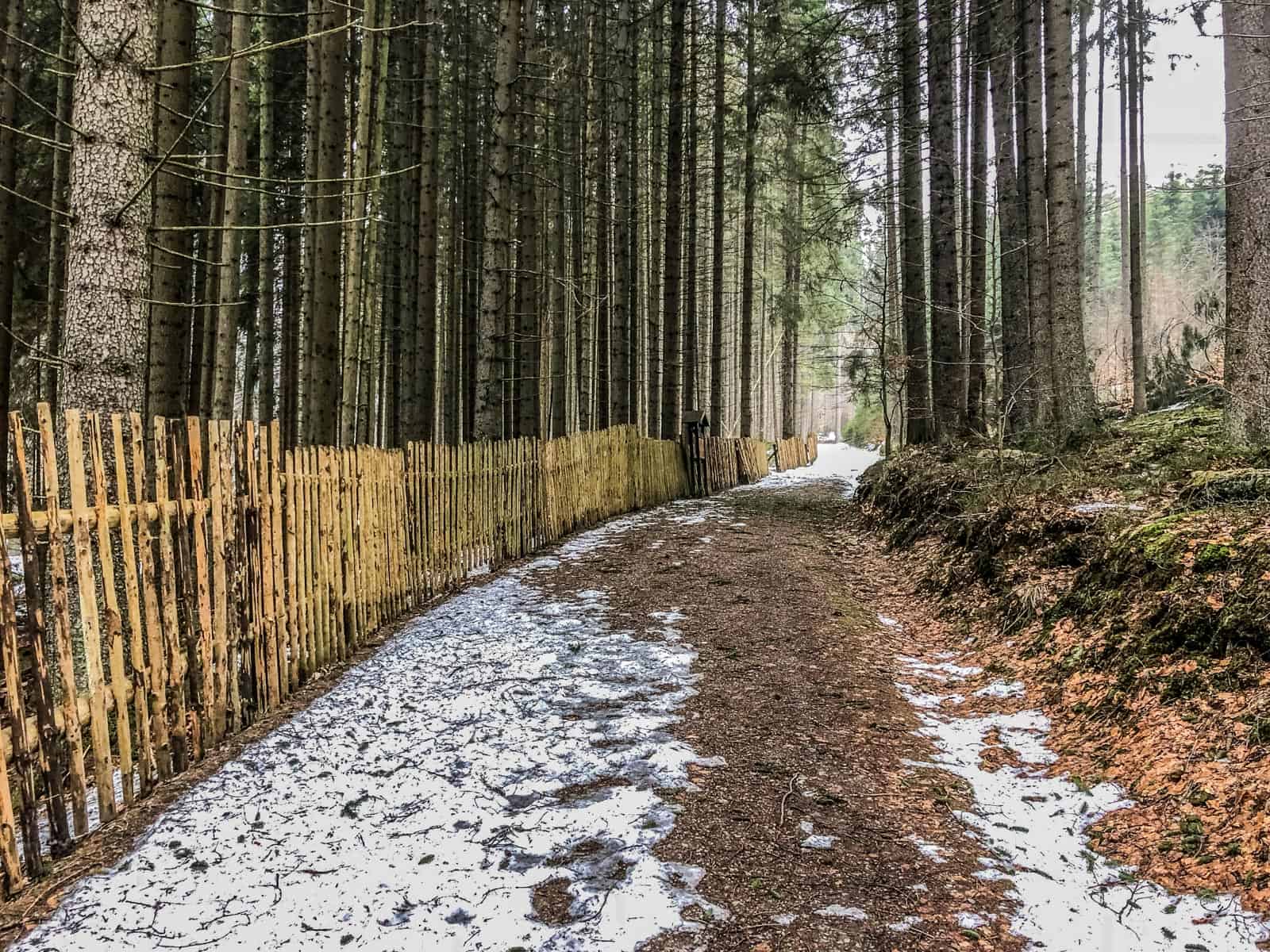
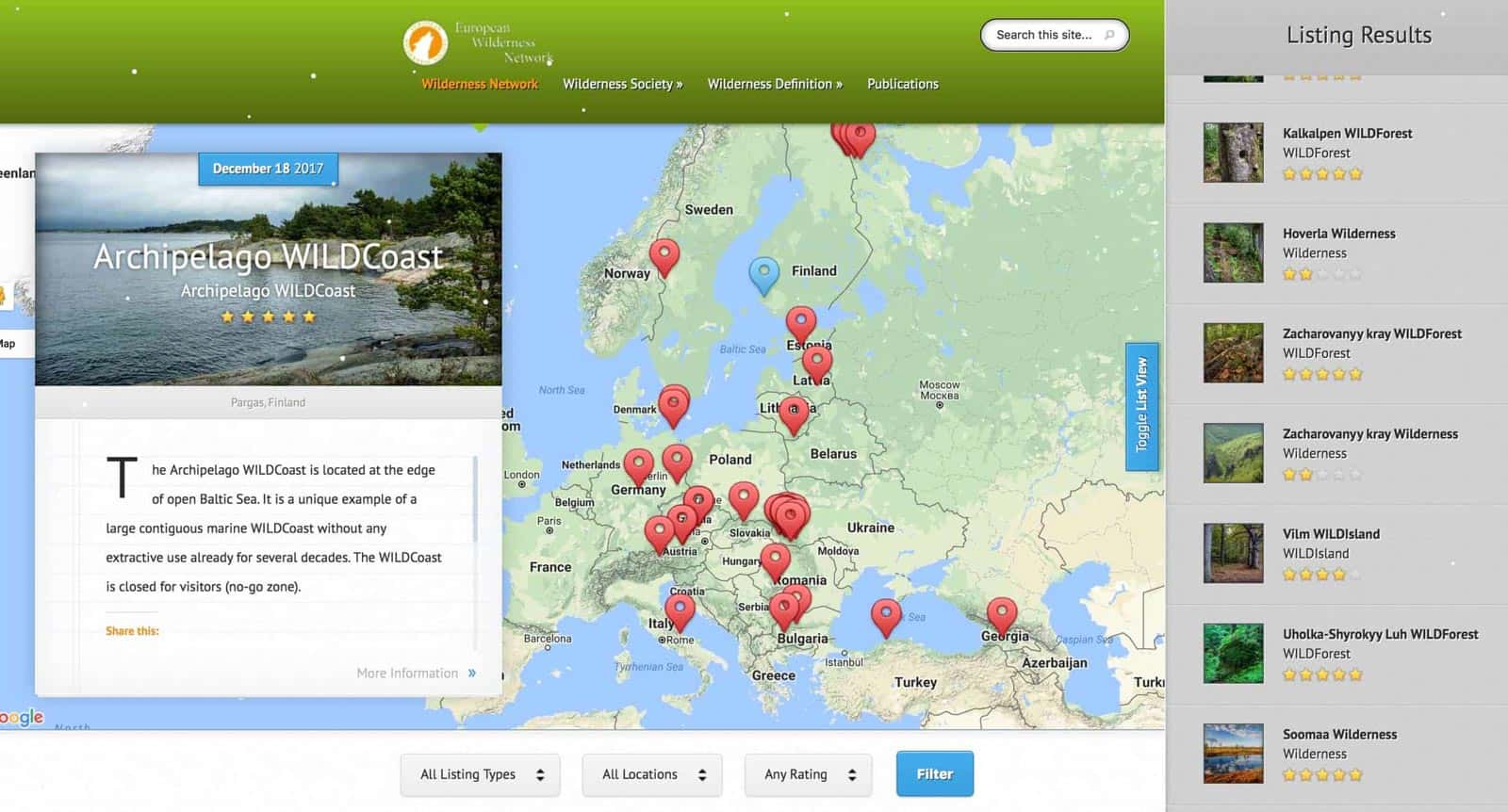
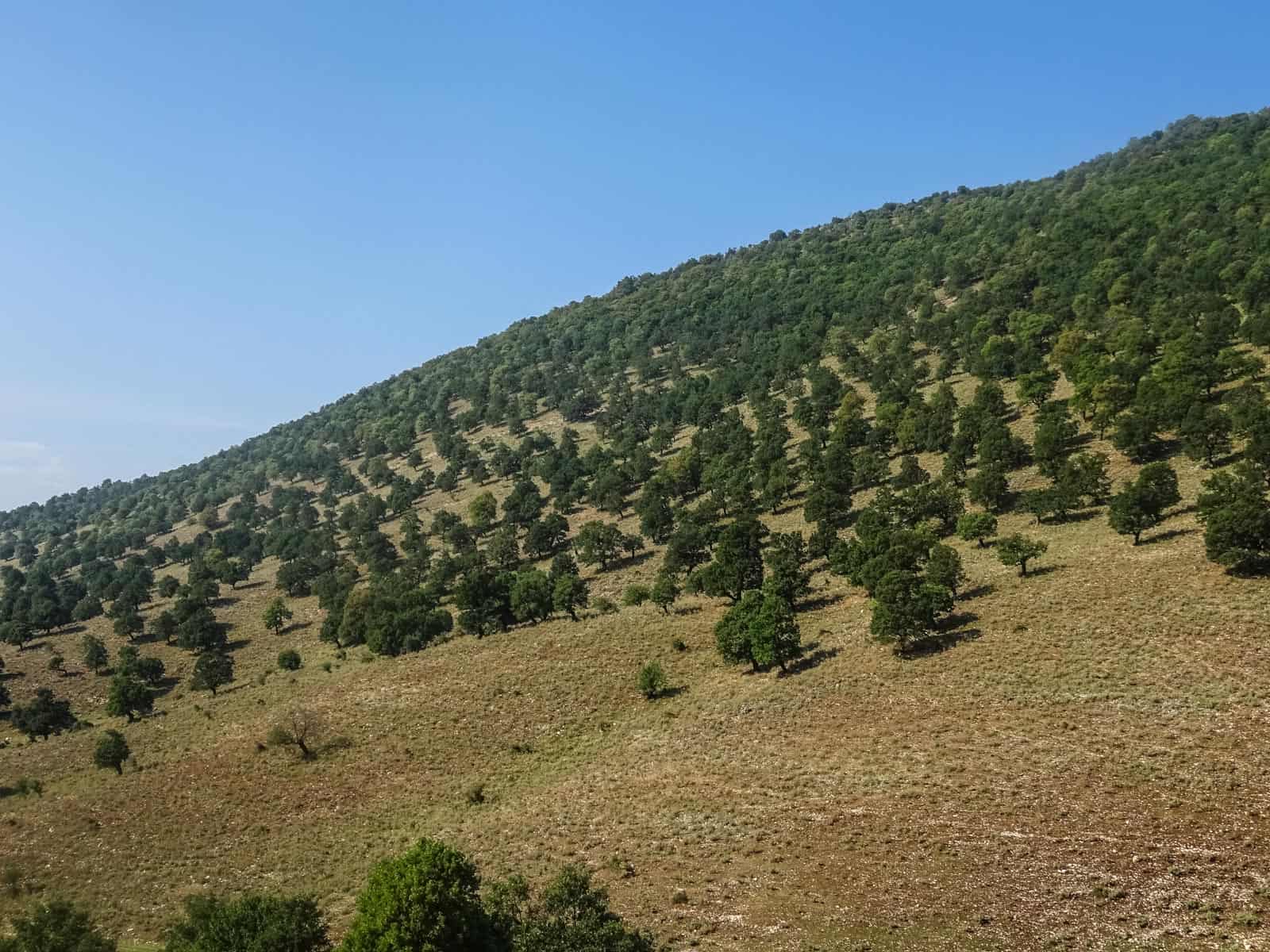
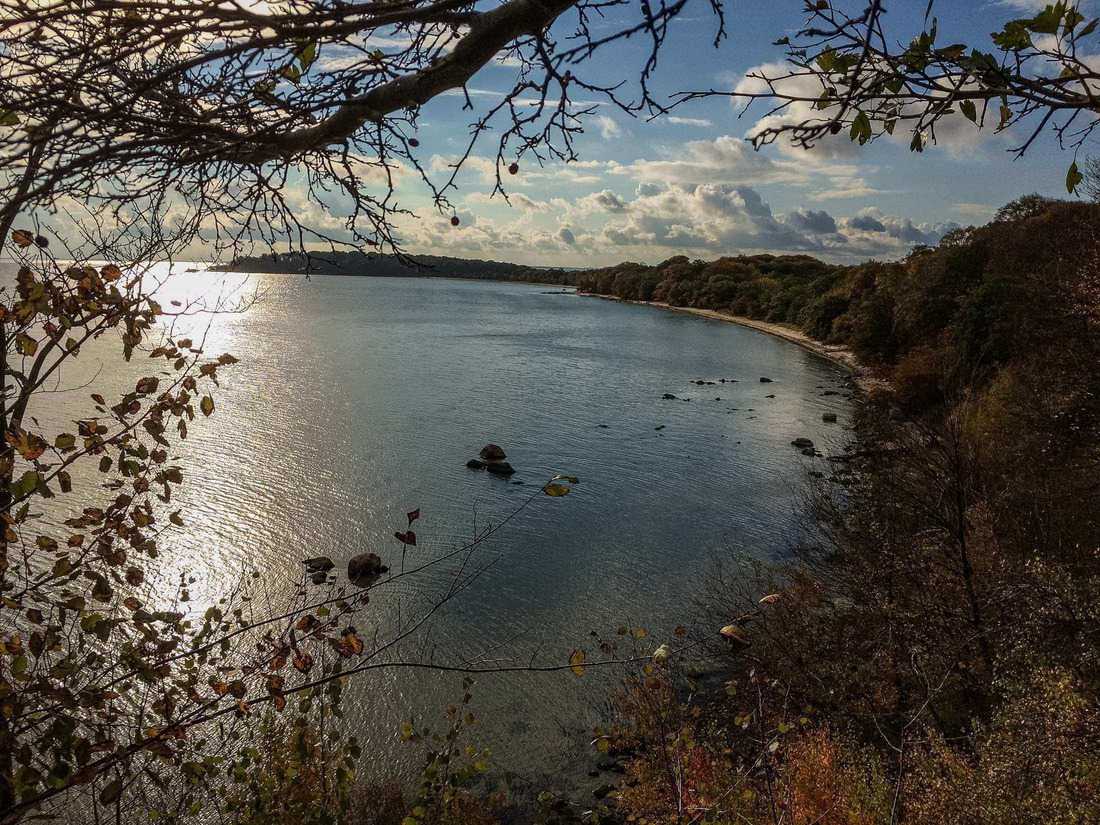
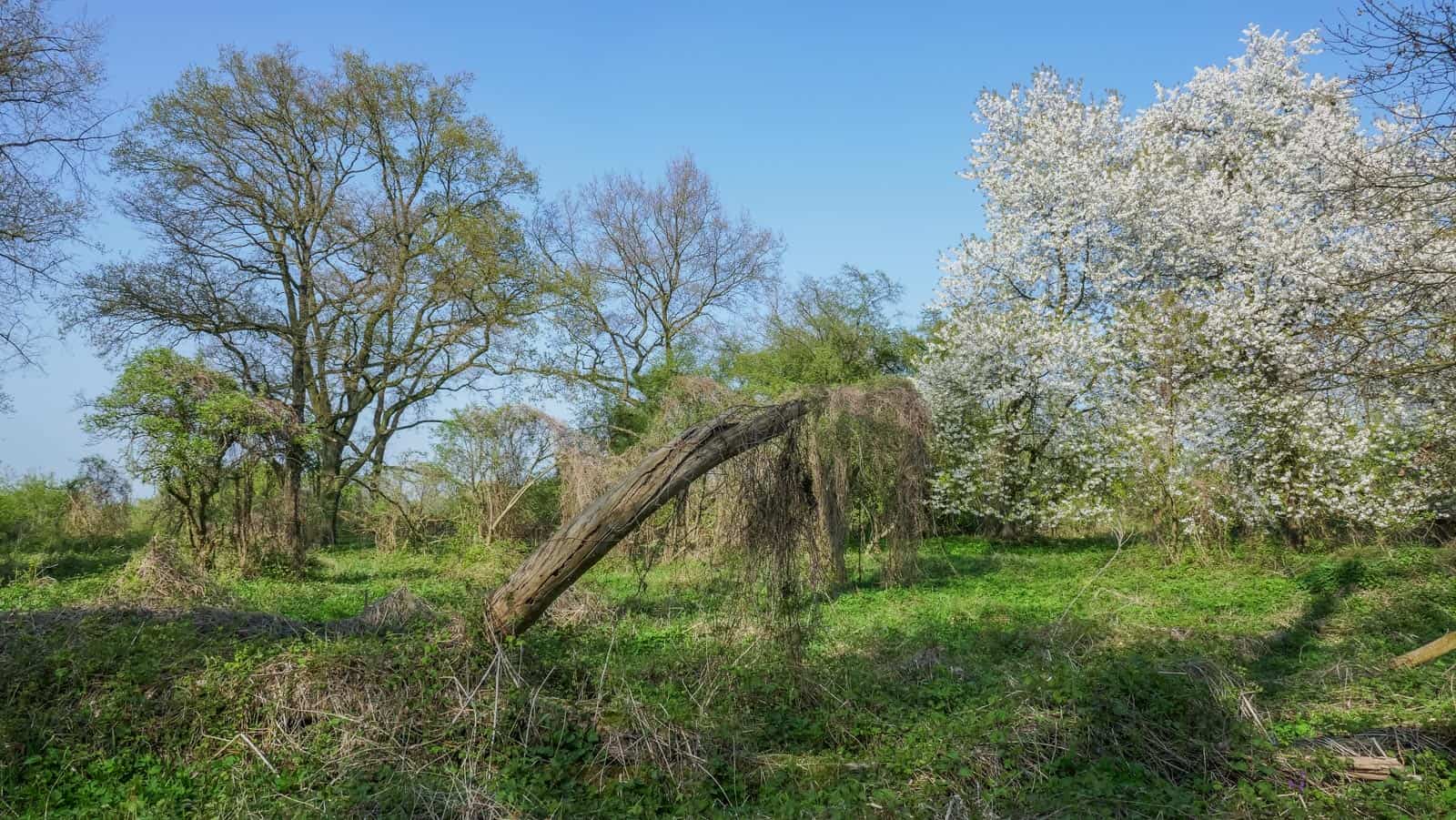


Interesting train of thought that can provide some long-term chronological context for how we perceive wilderness now. There’s been quite a change in how we perceive the concept of pre-colonial “wilderness” in the Americas recently, given new info on Indigenous populations and activities, and your questions takes me into deep time!